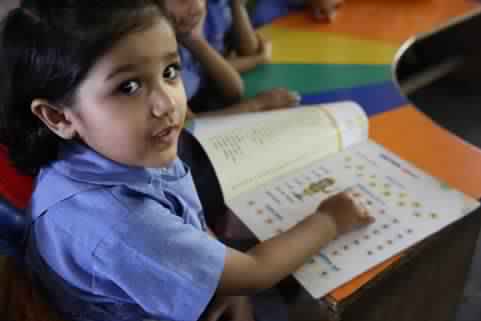Approach to Learning
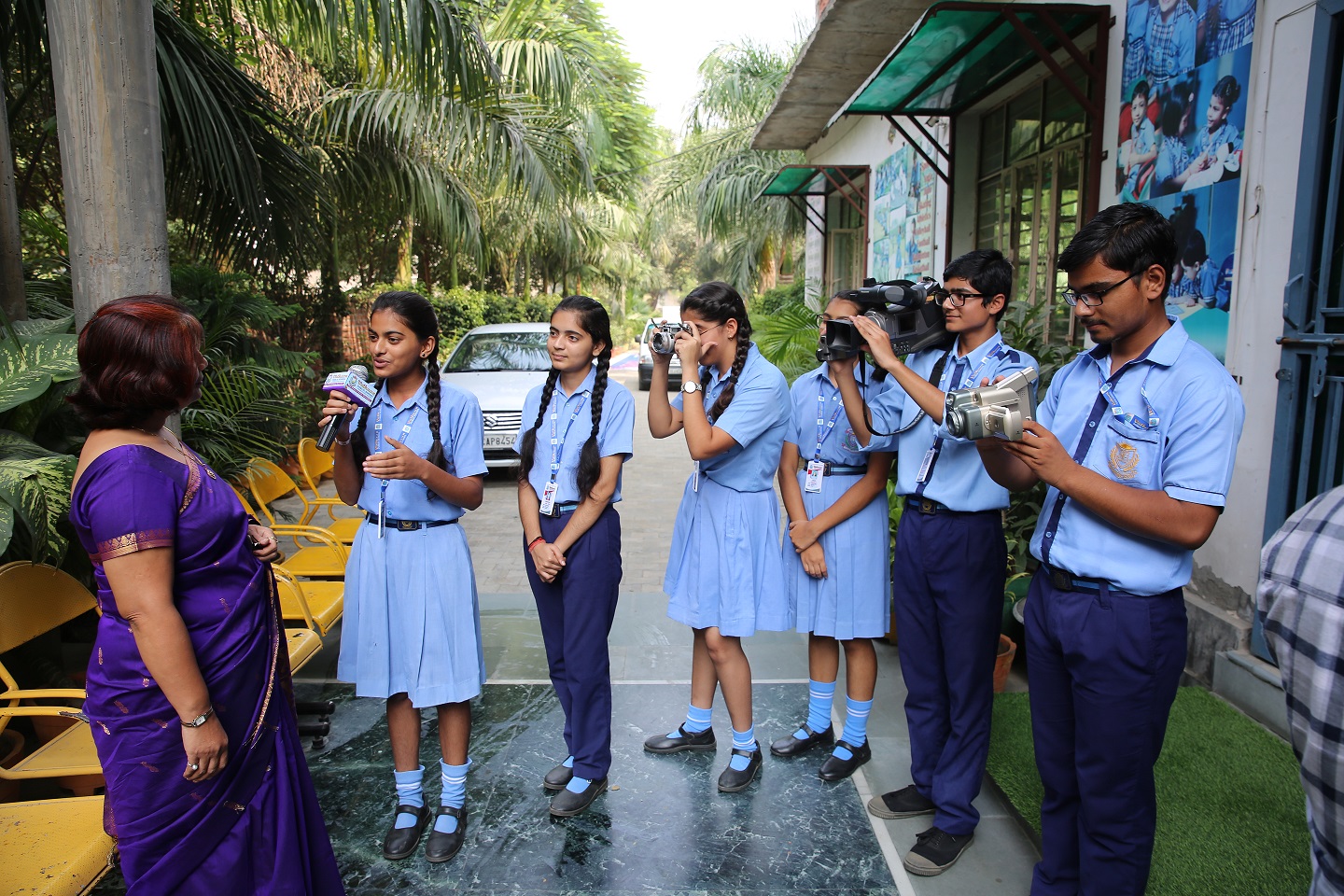
Learning through experience
Instead of teacher-led delivery of knowledge, teachers and students at Vidhan together construct knowledge so that no student feels left out. This is supported by field experience and carefully designed project work and integrated learning. This enables the learner to gain an unforgettable experience of fun, joy and enduring learning and also to put to test the acquired knowledge.
Engage-endure-excel
Learning by creating an experience, rather than by rote, is engaging and enduring. We aim at promoting excellence rather than focusing on memorized material.
Create Responsible citizenship
The learning processes at Vidhan are most distinctive. Our teaching-learning methods aim at making the students self-directed, lifelong learners. They are encouraged to excel academically and to grow up into responsible citizens with a strong sense of right and wrong.
Laying a strong base foundation
Coupled with a strong foundation of social and moral values, the students at Vidhan also develop a respect for the rich heritage of the past while mastering the complexities of modernity.
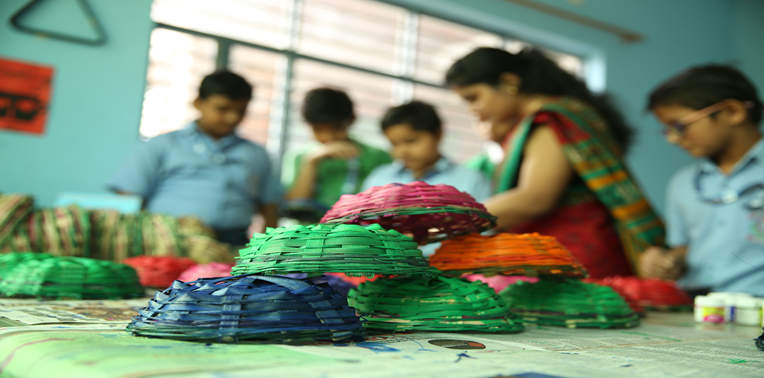
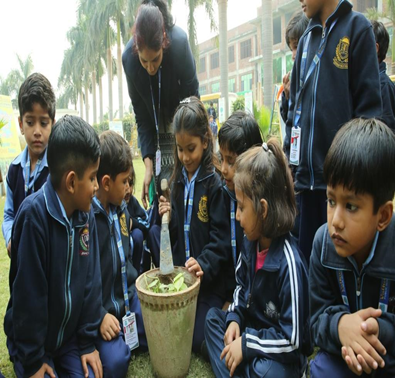
Experiential Learning - ‘Learning through reflection or doing’
Experiential learning is a learning that supports students in applying their knowledge and conceptual understanding to real-world problems or situations where the instructor directs and facilitates learning. The classroom or laboratory can serve as a setting for experiential learning through embedded activities such as case and problem-based studies, guided inquiry, simulations, experiments or art projects.
Experiential learning teaches students the competencies they need for real-world success.
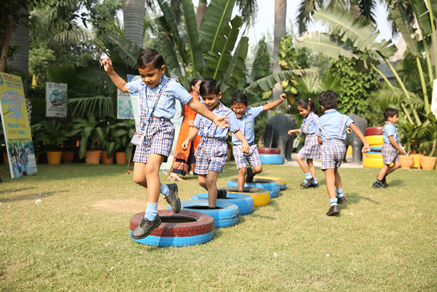
Kinesthetic Learning - ‘Great ideas originate in the muscles’
Students are more successful when they build their understanding by hands- on approach. And so is the concept of kinesthetic learning. It gives platform to the students to experience real-life activities. It helps them to gain knowledge, with their own creative potentials. Overall it aids in cognitive development of students.
Learning on the Basis of Integrated Projects
Empowering students to do their own work & assist others. The old-school model of passively learning facts and reciting them is no longer sufficient to prepare students to survive in today's world. Solving highly complex problems requires that students have both fundamental skills (reading, writing, and reason &logical) and 21st century skills (teamwork, problem solving, research gathering, time management, information synthesizing, utilizing high tech tools). With this combination of skills, students become directors and managers of their learning process, guided and mentored by a skilled teacher.





